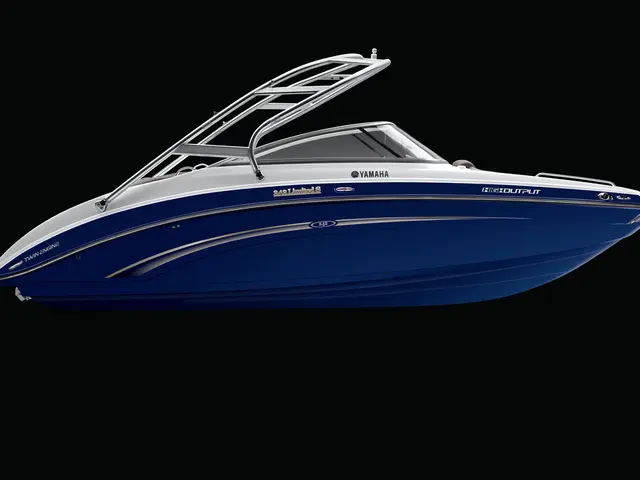So Long, Peace Dividends: Economic Benefits Await Lower Saxony with Military Expansion
- *
Economic Gains Possible from Military Buildup - Deceit: Advantages of Economic Enhancement Through Modernization
In a surprising twist, the military expansion in Germany could unleash a fresh wave of economic growth for Lower Saxony, as per the newly elected Minister President, Olaf Lies. The Operations Plan Germany, a blueprint for territorial and alliance defense, underscores the pivotal role of Lower Saxony in logistics chains and infrastructure, as the SPD politician revealed to the German Press Agency. "This means we'll need to invest more in roads and bridges. And the Bundeswehr demands weapons and vehicles. I see tremendous potential here for Lower Saxony to spur economic development in our region and make a substantial contribution to Germany's defense readiness by supporting the necessary equipment, technology, and innovation - fueling economic growth in Lower Saxony," said Lies.
Lies underscored the importance of defending Germany and Europe, expressing his concern over the uncertain partnership with the USA under the Trump administration. Within Europe, he emphasized, Germany must lead the way, thereby allocating more resources towards defense readiness.
The economic landscape in North Germany boasts resilience compared to other regions. The gross domestic product (GDP) in Lower Saxony climbed 1.4% in the fourth quarter of 2024, while Germany as a whole contracted by 0.2%. Economists attribute this upturn primarily to the arms industry.
Military vessels from Meyer Werft and defensive collaborations with Rheinmetall and VW?
Beyond the existing production in Lower Saxony, such as Rheinmetall's plant in Unterlüß, there are discussions about using sites formerly serving civilian purposes for military purposes.
Recently, the savior of Meyer Werft, Ralf Schmitz, shared with the "Handelsblatt" that the shipyard is exploring possible roles in the military sector. With its covered docks, the company could potentially build four to five frigates in series for defense purposes.
Rheinmetall is also considering an alliance with VW at the site in Osnabrück. Regarding this, Minister President Lies expressed, "I trust Volkswagen to find a solution for this location. Cabrios will be produced there until 2027. Whether the breakthrough will lie in automobile production after that remains to be seen. I'm open to all conversations."
A letter to all young people about military service "very clever," says Lies
Regarding the debate on resurrecting military service, Lies found Defense Minister Boris Pistorius's strategy, writing to all young people in the appropriate age groups, to be ingenious. This approach fosters self-reflection among the youth about their willingness to join the Bundeswehr. However, the Bundeswehr must also expand its accommodations and training facilities once again.
Lies himself boasts a military background: He completed an apprenticeship as a radio electronics technician at the Marine Arsenal in his hometown of Wilhelmshaven. "I served in the Bundeswehr during 1988/89 - a vastly different era than today, given the Cold War. As conscripts, we bore a piece of responsibility," said the Minister President.
- Olaf Lies
- Germany
- Lower Saxony
- Defense Capability
- Military Expansion
- Bundeswehr
- Arms Industry
- Meyer Werft
- Rheinmetall
- Europe
- Hanover
- VW
- Social Democratic Party (SPD)
- German Press Agency (dpa)
Enrichment Data:
Meyer Werft and Rheinmetall play distinct roles within Germany's military-industrial complex, with each bringing unique expertise to the table. Meyer Werft, a prominent shipyard known for building cruise ships, is increasingly expanding into military vessel construction. Rheinmetall, on the other hand, is a well-known defense company specializing in military vehicles, weapon systems, and air defense technologies. While there has been no reported collaboration between Meyer Werft, Rheinmetall, and Volkswagen (VW) in military shipbuilding, their collective contributions to Germany's defense capabilities are impressive. In particular, Meyer Werft and Lürssen Group collaborated to build double-hull fleet tankers for the German Navy, while Rheinmetall provides crucial defence electronics, automation, and integration systems for naval vessels.
Sources:
[1] 'Germany selects Lürssen, Meyer Werft consortium to build fleet tankers'. (2021, March 26). Reuters. Retrieved September 15, 2023, from https://www.reuters.com/business/aerospace-defense/germany-selects-lrssen-meyer-werft-consortium-build-fleet-tankers-2021-03-26/
[3] 'Army of the Future: Navigating Shipbuilding and Technology Challenges'. (2021, October 1). Atlantic Council. Retrieved September 15, 2023, from https://www.atlanticcouncil.org/in-depth-research-reports/report/army-of-the-future-navigating-shipbuilding-and-technology-challenges/
[4] 'Germany's Naval Expansion: The Importance of Modernizing the Vessel Fleet'. (2019, April 4). Defense News. Retrieved September 15, 2023, from https://www.defensenews.com/global/europe/2019/04/04/germanys-naval-expansion-the-importance-of-modernizing-the-vessel-fleet/
- Vocational training programs in fields such as engineering, logistics, and technology could be expanded in EC countries, as these skills are essential for supporting the operations of the Bundeswehr and the expanding military industry in Lower Saxony.
- Implementing sports programs, besides vocational training, might prove beneficial for the physical and mental well-being of Bundeswehr personnel, thereby contributing to the overall readiness of the defense force in Europe.







